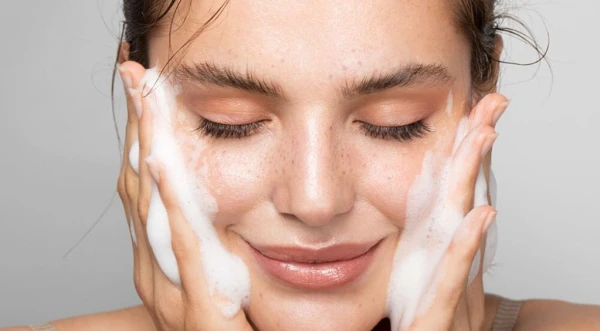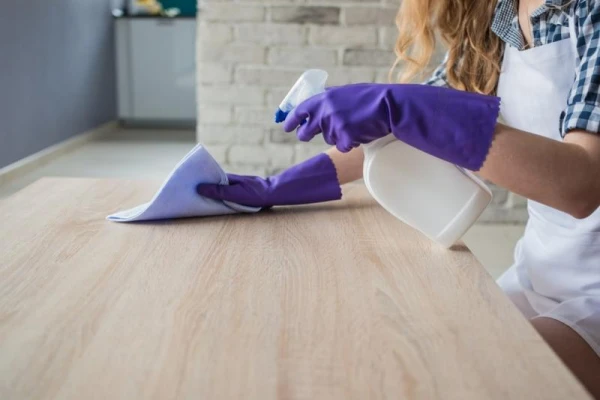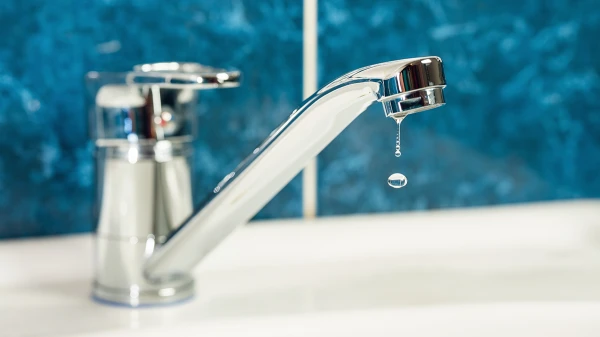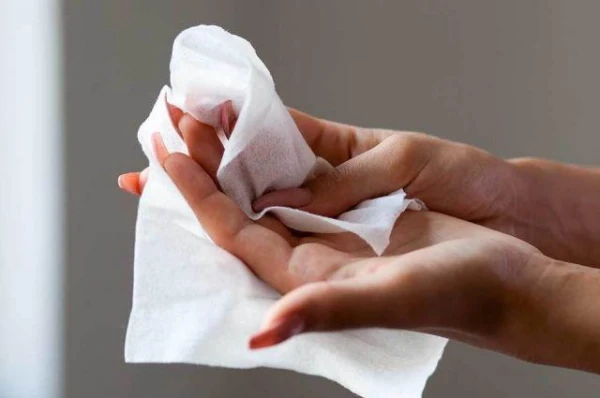
It may seem that cleansing the skin is a simple task. In reality, even experienced beauty enthusiasts sometimes make mistakes. The reasons can vary from simple laziness to lack of knowledge. We invite you to engage in a useful experiment proposed by our expert, Tsiala Khugaeva, a cosmetologist and dermatologist. For 21 days, you will cleanse your skin (it is believed that this is how long it takes to form a habit) according to the rules we outline below and see the results. You will be surprised, we assure you.
Washing Twice a Day — Is It a Given?
Or not... It all depends on your skin type and individual characteristics. It is better to consult your cosmetologist about the frequency of washing. After all, some people really need to wash their face twice a day (for example, those with oily and problematic skin), while others may only need evening cleansing. In the morning, you can simply rinse your face with water and apply toner.
"Morning and evening cleansing serve slightly different purposes. In the evening, it is important to remove makeup, along with dust and skin secretions. Therefore, evening procedures should be conducted in two stages: first, remove makeup, then wash your face. In the morning, you should remove the excess sebum that has accumulated overnight and any residue from your night cream. Morning care can indeed be gentler. One product that suits your skin is sufficient," notes the expert.
Alkaline Cleansers Are Evil
What do we mean by the term "alkaline cleansers"? It's quite simple: the optimal pH level for cleansing cosmetics (gels, foams, hydrophilic oils) is between 5.5 and 7.0. Anything above this level should be discarded. The fact is that overly alkaline products contain low-quality and cheap surfactants. They can irritate the skin significantly, disrupt the hydrolipid mantle, and cause dryness, flakiness, and tightness. By the way, manufacturers often indicate the pH of the cleansing product in the product description or on the packaging.
Seasonal Cleansing Products
We are used to choosing lighter textures in summer than in winter. But we thought this only applied to creams. It turns out this also applies to cleansing products. It is impossible to effectively cleanse the skin with the same product year-round. In the autumn-winter period, it is better to opt for more serious products (for example, cleansing milk or balm), as skincare becomes denser and we use decorative cosmetics more often. In summer, a light foam or gel will suffice. And don't forget that we remove makeup in two or even three stages: micellar water, hydrophilic oil, and the main cleansing product.
"Cleansing the skin in summer, especially if you use sunscreen, should be no less thorough. Sunscreen is a resistant product. It should be removed following the same principles as makeup: first, apply cleansing milk, hydrophilic oil, or a two-phase product, remove the residue with a paper towel, and then proceed to wash your face," says Tsiala.
Scrub Is Not a Cleansing Product
Surprising, right? Yet some still think that a scrub can more effectively remove makeup. But that's not the case. A scrub is a product for exfoliating dead skin cells, meaning deep cleansing of the skin. It can be used 1–3 times a week or every two weeks, depending on skin type. Moreover, scrubs are already a thing of the past. There are now gentler exfoliating products: enzyme powders, peels, gommages, and ubtans.
Is There Any Sense in Buying Very Expensive Products?
The cleansing product should be good, as it is the most important step in home skincare. And it is better if it is not cheap. Labels like "nourishing," "moisturizing," "anti-aging," "lymphatic drainage" (continue the thought) can be safely ignored, as they have no practical significance.
"The only component that works well even with brief contact with the skin is salicylic acid. Its presence in the formulation indicates that the cleansing product will also have an anti-inflammatory effect," says the expert.
Don't Wash Until Your Skin Feels Tight
We understand that sometimes you want your skin to be impeccably clean. But this is very harmful. A tight feeling is a signal that the skin's protective lipid layer has been washed away. Once is not a problem, but not constantly. Otherwise, you will face dehydration and increased sensitivity. Do you really want that?
"The desire to wash until tightness is often seen in those with oily skin. Here, it is important to remember: overly thorough washing provokes excessive sebum production. The more aggressive the cleansing, the shinier the face will be. Oily skin care should be no less delicate than that of any other type," comments Tsiala.
Wash Only with Clean Hands
Many people do not wash their hands before cleansing their skin, thinking that the foam or gel will handle the dirt. However, applying cleansing products with dirty hands is questionable. Therefore, always wash and dry your hands before cleansing. Only then will the product work effectively.
Toner — Not an Essential Part of Cleansing?
"If you have oily skin, you should not use a lotion containing alcohol or salicylic acid instead of toner. These products serve different purposes. Toner restores and protects the skin, while lotion dries out blemishes and can be used spot-wise. It is best to have both products," says the expert.
Water Temperature Is Very Important
There are three types of people: some wash with cold water, others with hot, and some prefer contrasting washes. In fact, none of them are right. The water temperature should be set to what is comfortable for you. Ideally, it should be room temperature. Water that is too hot dilates blood vessels, enlarges pores, destroys the hydrolipid mantle, dries out the skin, and accelerates sebum production. Cold water and contrasting washes can harm capillaries and may lead to couperose over time.
"You often come across information that washing with an ice cube has some amazing effects, but in reality, this is not the case. Extremely low temperatures are more likely to negatively affect the condition of the epidermis," notes Tsiala.
Don't Wipe Your Face with a Towel
A regular towel is a breeding ground for bacteria. Moreover, few people change them every day. Additionally, even the softest towel can damage the skin. Therefore, instead of a towel, use paper towels. You will soon notice that breakouts on your face have significantly decreased.
"It is worth noting that if you plan to use a product that needs to be applied to dry skin (as indicated in the instructions), such as a serum or cream, you should not just dab your face with a towel, but wait a few minutes for the skin to dry naturally," says the expert.















Leave a comment